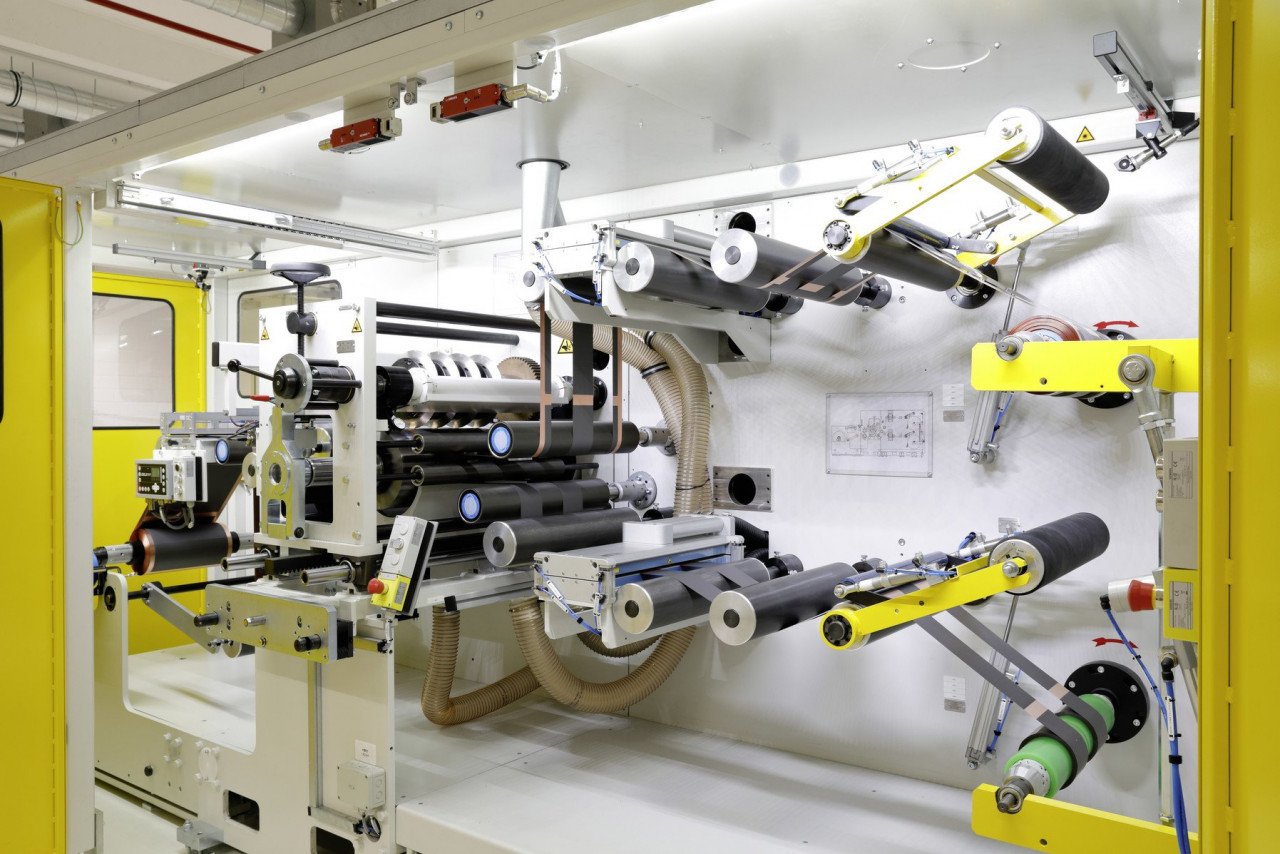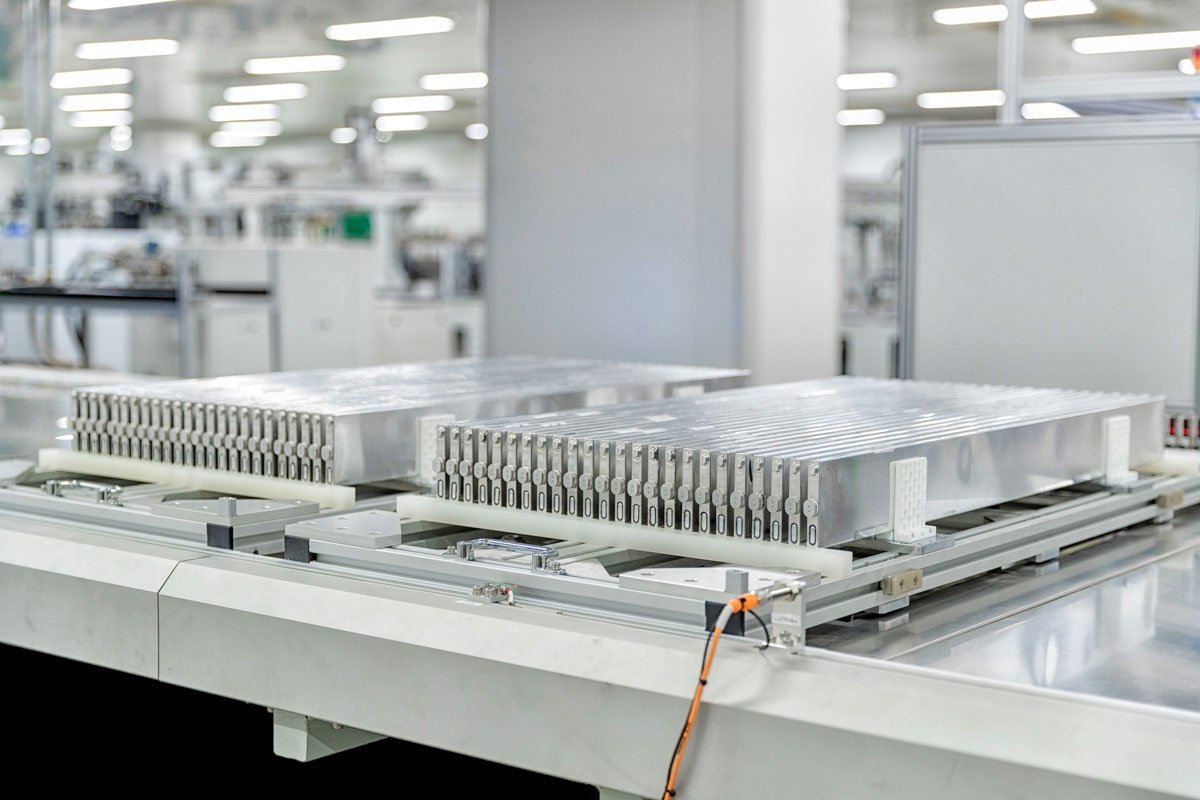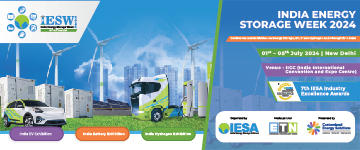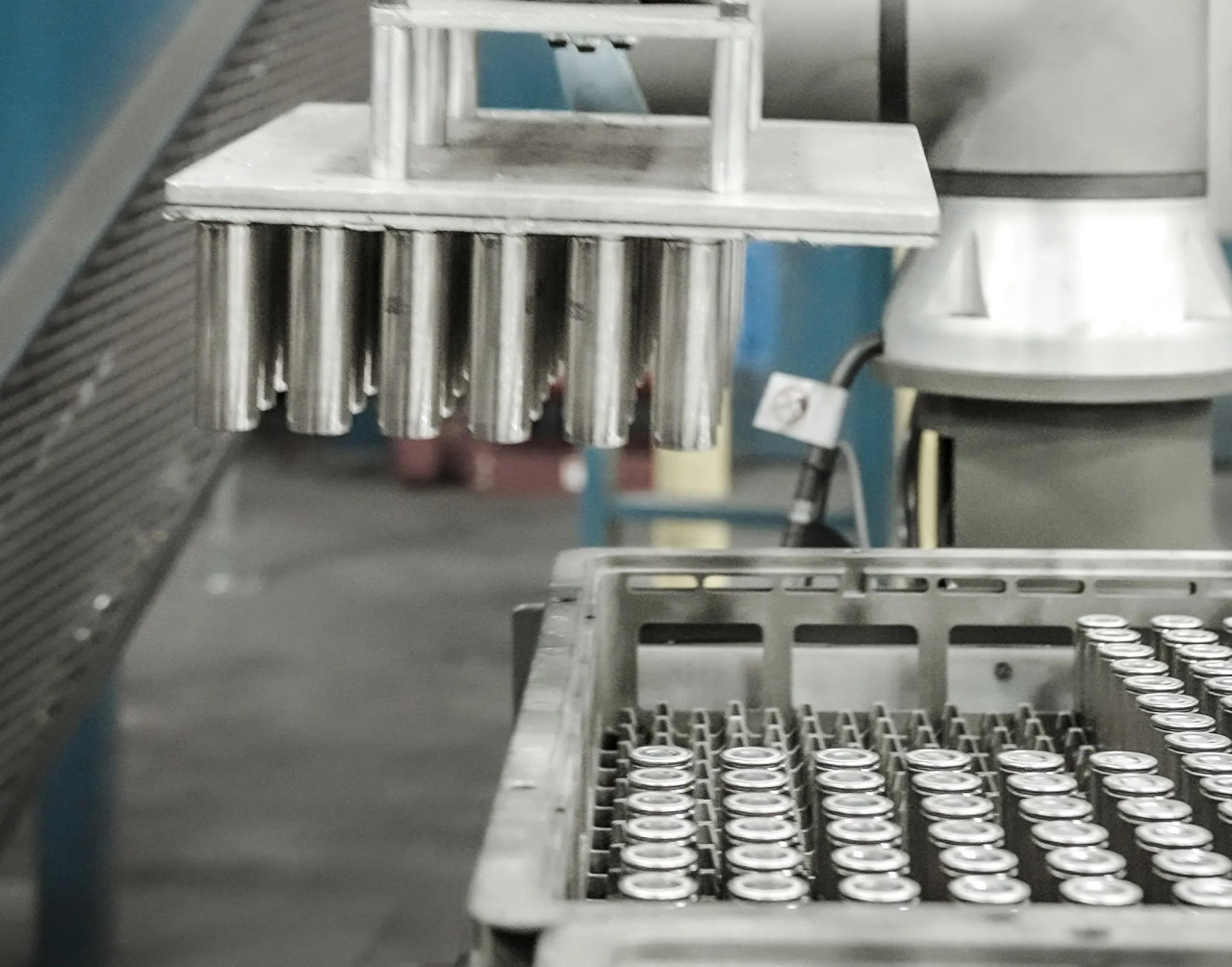Advanced dehumidification solution for high-quality battery manufacturing
The entire world is moving towards environment-friendly solutions to curb the issue of rising pollution amid the backdrop of depleting resources, this situation has given impetus to the rising demand for electric vehicles across the globe. Even India is showing great enthusiasm and participating actively in the initiative toward electrification of transportation. Right from policymakers to manufacturers, efforts are being made at every level to bring EVs into the mainstream automobile industry and speed up the adoption of EVs in the country.
EVs are the most viable alternative for fossil-fuel-driven vehicles. It provides cleantech solutions eliminating tail-pipe carbon emissions into the environment. Being dependent on electricity for power, they reduce the pressure on the natural resources which stand at a risk of exhaustion on excessive exploitation. The Indian government has formulated schemes to ramp up the process of EV adoption in the country. In this process, India has pledged to become an EV-first nation by 2030.
As per an estimate by the Council on Energy, Environment and Water's Centre for Energy Finance (CEEW-CEF), by 2030 the Indian EV market will be a US $206 billion opportunity if India steadily makes progress to meet the ambitious target of becoming EV-first nation by 2030. Therefore, it will not only benefit the environment at large but also add immense value to the revenue of the country.
Here, it is important to note that to give the desired push to the industry, one needs to delve deeper into the technology to deliver a competitive end product. In the EV industry, it is Lithium-ion battery technology that is at the heart of the EV ecosystem. It powers the wheels of the EVs and at the same time is responsible for the unrivaled performance of the EVs. Moreover, these batteries account for 40-50% of the cost of an electric vehicle. The Li-ion batteries are gaining popularity because of their safer charging and discharging energy capability, as compared to the other alternatives in the market. Additionally, the consistent drop in prices is further strengthening the preposition of Li-ion batteries for the EV sector.
Advanced dehumidification system to deliver quality EV batteries
Therefore, to fast-pace the acceptance of EVs in the country, it is important to focus on the Li-ion battery technology to realize the collective growth of the sector. It is urgent to lay a strong foundation for the battery manufacturing infrastructure. Moisture is a major source of obstruction that intervenes with the efficiency of the battery. As a result, it is a prerequisite to manufacture Li-ion batteries in a highly controlled temperature along with a very narrow relative humidity (RH) bracket.
Certain chemical components in the Li-ion batteries are highly hygroscopic in nature. Here, there is a critical need of an advanced dehumidification system to inhibit the chances of humidity within the manufacturing unit. Li-ion battery manufacturing is not feasible without a proper dehumidification solution in place. The moisture control solutions provided by the advanced technology render dry rooms by controlling the surrounding environment. It helps in achieving ultra-low dewpoint as low as -80°C for all the hygroscopic and moisture-sensitive processes.
As battery manufacturing is highly sensitive to moisture, dry rooms come with Environment Control Dehumidification System, to provide the dehumidification/ moisture control solutions along with the refrigeration system that maintains the desired RH at less than 1% for lithium cell manufacturing and less than 10% for battery assembling. Failure to achieve the dry room conditions can lead to severe consequences. The presence of moisture can highly impair the quality of the end product which can result in poor performance and even raise safety issues due to the high probability of an explosion.
The importance of dehumidification solution is not limited to battery manufacturing, but it finds application in a gamut of operations in the manufacturing of electric vehicles. From structuring to manufacturing the tyres, painting the car, to keeping the vehicle lightweight, every process requires the elimination of humidity from the ambient surroundings. Even the slightest presence of moisture can cause rusting at the surface level which is determining factor in deciding the fate of the vehicle as the customers will never go for a rusted vehicle.
Scaling battery manufacturing alongside the adoption of dehumidification technology
To make inroads for EVs in the country, arrangements must be made for large-scale manufacturing of Li-ion batteries in the country. Considering the menacing effect moisture can have on the industry, the manufacturers must be encouraged to install technologically advanced dehumidification systems to deliver high-quality, competitive batteries matching the international standards to be global exporters while meeting the domestic requirements. Looking at the vulnerability of the battery and EV manufacturing, the manufacturers must install dry rooms with alacrity.
The EV penetration experienced worldwide is driving the demand for dry rooms and dehumidification solutions in India and across the globe. Especially, in a country like India which is marked by significant weather variations regionally throughout the year with temperatures in some regions reaching up to 40°C and higher, the need for equipment to eliminate humidity is even more critical. As Li-ion battery is playing an instrumental role in giving the EV sector the desired push, the environment controlling advanced dehumidification solutions will see a huge demand soon for making reliable, quality, and safe lithium batteries.
The article is authored by Deepak Pahwa, Managing Director, Bry Air, exclusively for ETN.
























